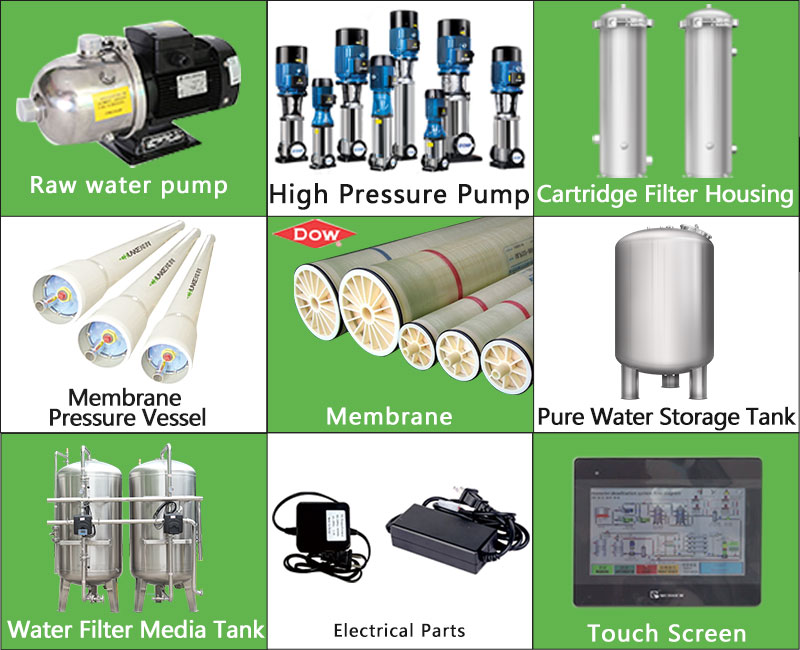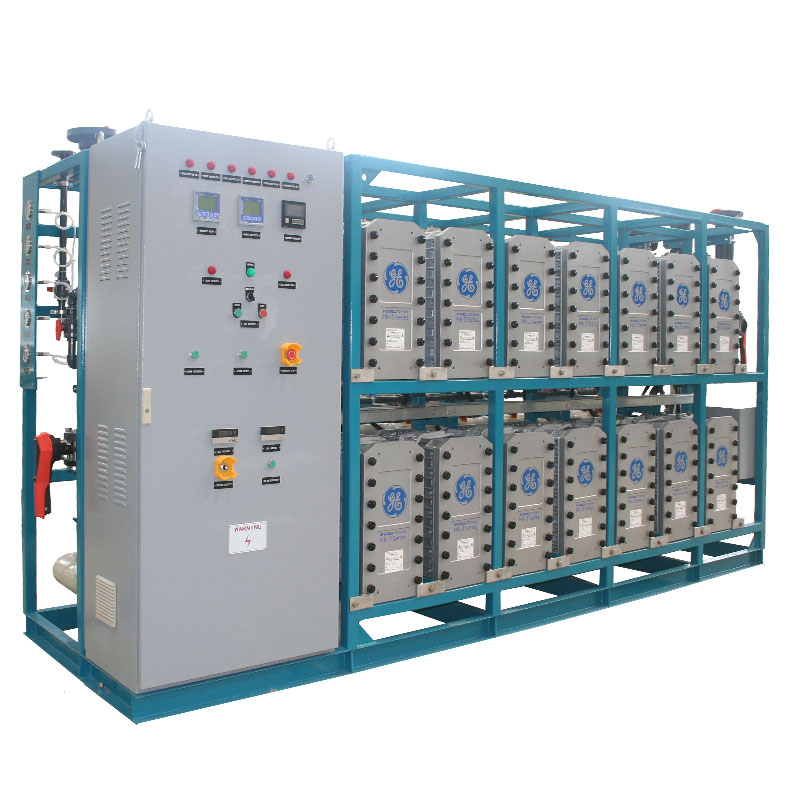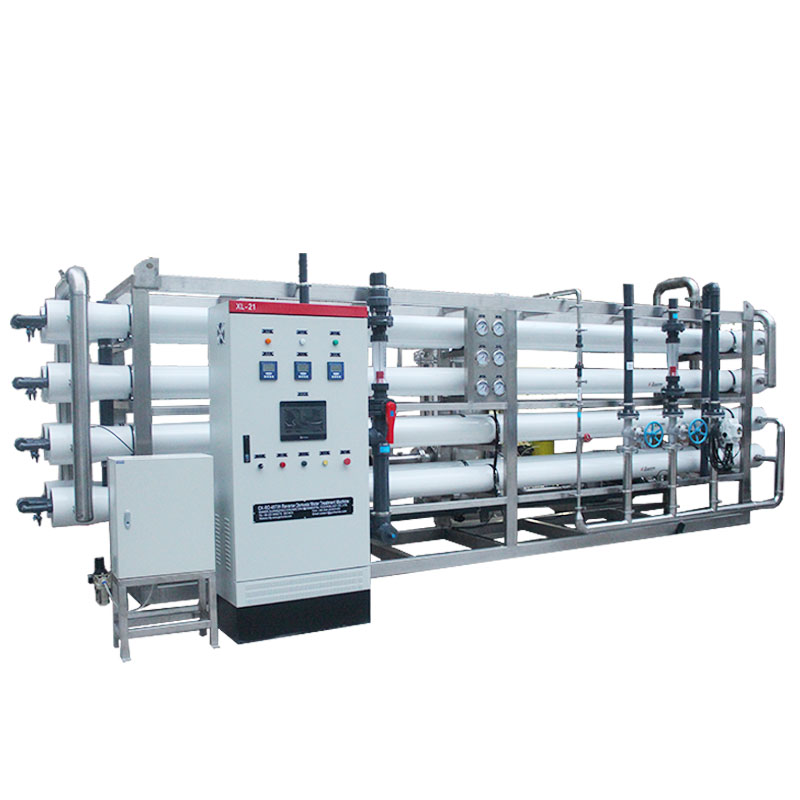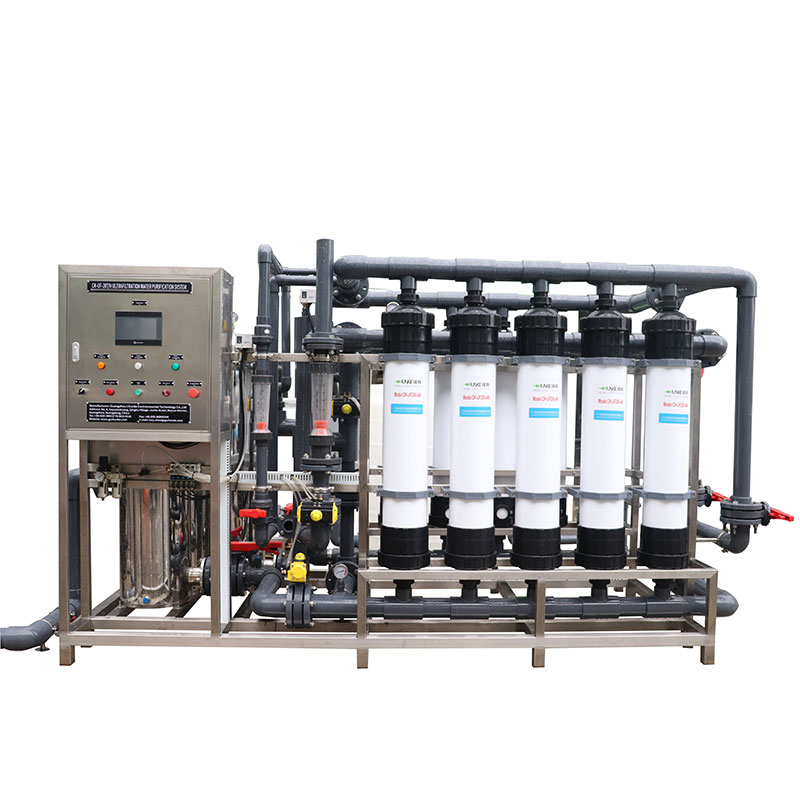What is an automatic circulating live water filter? How does it work?
In the field of water treatment and water quality maintenance, the automatic circulating live water filter, as an efficient and energy-saving device, is gradually becoming a common device in many households, industries and commercial environments. It can not only effectively filter impurities in the water, but also maintain the fluidity and activity of the water, thereby improving the water quality.
So, what is an automatic circulating live water filter? How does it work? This article will explore these issues in detail to help readers fully understand this device.

What is an automatic circulating live water filter?
An automatic circulating live water filter is a device that can automatically circulate water and continuously filter impurities and pollutants in the water in the process. Its main application scenarios include aquariums, swimming pools, landscape pools, industrial cooling systems, etc. In these scenarios, the cleanliness and fluidity of water are crucial. Through its intelligent design, the automatic circulating live water filter can automatically sense the water quality and start the filtration process when necessary to ensure that the water body is always in the best condition.
Components of an automatic circulating live water filter
An automatic circulating live water filter usually consists of the following main parts:
1. Filter unit: This is the core part of the equipment, usually composed of multiple filter media, such as sand, activated carbon, polypropylene filter element, etc., which is used to remove suspended particles, odor, chlorine and other chemical pollutants in the water.
2. Water pump: The water pump is responsible for driving the circulation of water, extracting water from the water body through the pipeline, and returning it to the water body after passing through the filter unit. The power and flow of the water pump directly affect the filtration efficiency and processing capacity of the equipment.
3. Control system: The control system includes various sensors and electronic control modules, which can monitor water quality changes, set filtration time and automatically start or stop the equipment. The higher the degree of intelligence of the control system, the more efficient and energy-saving the operation of the equipment.
4. Circulation pipeline: The circulation pipeline connects the water pump, the filtration unit and the water body to form a channel for water circulation. It is usually made of corrosion-resistant materials and can withstand the long-term flow and pressure of water.
5. Sewage system: In order to maintain the normal operation of the filter, the sewage system is used to regularly discharge the sludge and impurities accumulated during the filtration process to avoid blockage and equipment loss.

What is the working principle of the automatic circulating live water filter?
The working principle of the automatic circulating live water filter is relatively complex, involving physical filtration, chemical filtration, circulating hydraulics and intelligent control. The following is its basic workflow:
Water extraction and circulation
When the equipment detects that the water quality indicators (such as turbidity, pH value, chlorine content, etc.) are beyond the set range, the control system will automatically start the water pump and start the water circulation process. The water pump extracts water from the water body and transports it to the filter unit through the circulation pipeline.
Physical filtration
The water first passes through the physical filtration part, which is usually composed of sand filter, polypropylene filter element, etc., which can effectively remove suspended particles, silt and larger impurities in the water. This process can significantly reduce the turbidity of the water and lay the foundation for subsequent fine filtration.
Chemical filtration
Then, the water enters the chemical filtration part, which usually uses materials such as activated carbon and ion exchange resin. These materials can absorb odors, organic matter, chlorine and other chemical pollutants in the water, thereby improving the taste and safety of the water. The effect of chemical filtration depends on the quality of the filter material and the frequency of replacement.
Water quality monitoring and feedback
After the water passes through the filter unit, the water quality monitoring system will test the various indicators of the water again. If the test results show that the water quality has reached the set standard, the system will stop the filtration process and transport the water back to the water body. If the water quality still does not meet the standard, the system will continue to circulate and filter until the water quality meets the standard.
Sewage and self-cleaning
During the filtration process, the filter unit will gradually accumulate trapped impurities and pollutants. In order to prevent blockage and reduced filtration efficiency, the automatic circulating live water filter is usually equipped with an automatic sewage system, which can regularly discharge sludge and impurities out of the equipment to keep the filter unit clean. At the same time, some high-end equipment also has a self-cleaning function, which automatically cleans the filter medium through backwashing and other means to extend the service life.
What are the application areas of automatic circulating live water filters?
Automatic circulating live water filters are widely used in many fields due to their high efficiency, energy saving and intelligence. In aquariums, clean and stable water quality is the key to the healthy growth of fish and aquatic plants. Automatic circulating live water filters can continuously filter waste and impurities in aquariums to maintain clear water and a healthy environment. In addition, the circulation function of the equipment can also simulate the fluidity of natural water bodies, improve the oxygen distribution in the aquarium, and promote the growth of aquatic organisms.
In swimming pools, the water quality management in swimming pools is directly related to the health of users. The automatic circulating live water filter can effectively remove impurities, grease and harmful chemicals in the swimming pool to ensure clean water quality. At the same time, through continuous water circulation, the equipment can also prevent the water from being stagnant, reduce the growth of bacteria and algae, and extend the service life of swimming pool water.
In landscape pools, the water quality in landscape pools directly affects its aesthetics and environmental health. The automatic circulating live water filter can effectively filter out leaves, silt and other pollutants in the water to keep the water clear and transparent. In addition, the circulation function of the equipment can prevent water corruption, reduce odor and pests, and enhance the landscape effect.
In industrial cooling systems, the cleanliness and stability of water quality are crucial to the operating efficiency and service life of equipment. The automatic circulating live water filter can effectively remove impurities and mineral deposits in cooling water to prevent equipment scaling and clogging. At the same time, the automated operation and water quality monitoring functions of the equipment can significantly reduce labor maintenance costs and improve the operating reliability of the system.

What are the advantages and disadvantages of automatic circulating live water filters?
Advantages of automatic circulating live water filters:
Automatic circulating live water filters can effectively remove various pollutants in water through multi-stage filtration to ensure safe and clean water quality. The equipment is also equipped with an intelligent control system that can automatically monitor water quality, start or stop the filtration process, and reduce manual intervention. By recycling water resources, water waste is reduced, energy consumption and operating costs are reduced. The equipment is also suitable for a variety of application scenarios and can meet the water quality treatment needs in different environments.
Disadvantages of automatic circulating live water filters:
The intelligent and efficient performance of automatic circulating live water filters makes its initial investment cost relatively high, especially for small family users. Although the equipment has automatic sewage discharge and self-cleaning functions, it is still necessary to regularly replace the filter media and check the operation status of the equipment, which has high maintenance costs and difficulties. In addition, some models of equipment may generate loud noises during operation, especially at night or in a quiet environment, which may affect the user's comfort.

How to choose a suitable automatic circulating live water filter?
When choosing an automatic circulating live water filter, you need to choose a suitable filter model according to the specific application scenario and water quality requirements. For example, a small filter can be selected for a home aquarium, while a larger scale equipment is required for an industrial cooling system. In addition, choose equipment with the best cost performance according to your budget. If your budget is limited, you can consider choosing equipment with basic functions and gradually upgrade it later. Choose equipment from well-known brands to ensure product quality and after-sales service, and reduce failures and maintenance difficulties during use.




